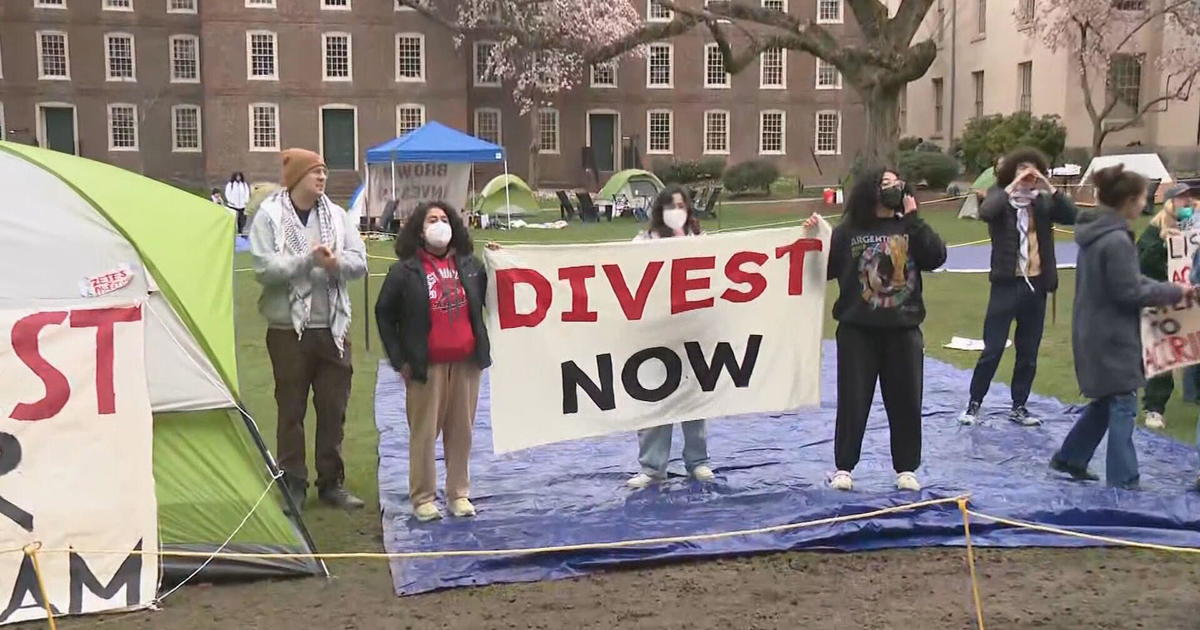"Social investing": How altruistic funds can be bad for you
Are you part of a public pension fund? Then take a hard look at your next quarterly report and see if your fund is performing as well as benchmark indexes.
Chances are the answer is no. Especially if those in charge are making “social investing” decisions based solely on prejudices against fossil fuels, gun manufacturers or alleged “terrorist states,” according to a study by the Center for Retirement Research (CRR) at Boston College.
If the goal of those who manage the fund -- known as “fiduciaries” -- is altruistic, then they’re using your money for their purposes. According to the CRR, not only will future beneficiaries who count on collecting a pension when they retire be hurt financially, but so will taxpayers, who would be financially obligated if their state’s pension fund is short of money, as many already are.
To make matters worse, withdrawing investments from these targeted companies -- like cigarette makers or record companies that produce songs with racist or sexist lyrics -- will have no effect on those companies, the study said. Hedge funds and other investors will pounce and buy the shares that public pension funds sold, and at a lower price.
Socially responsible investing, even with the best of intentions, also runs into a confusing skein of federal rules and regulations that may put the pension fund itself and its fiduciaries on the wrong side of the law.
Then there’s the “whack-a-mole” game of whether a pension fund should get involved in foreign policy. Is Iran still a terrorist nation? Or did this year’s Iran nuclear deal render that country terror-free with the stroke of a pen? And if it did, why is Iran still on the federal government’s State Sponsors of Terrorism list?
“Public pension funds are not suited for this activity,” said Anqi Chen, one of the study’s authors. “And the decision makers do not bear the risk of potential losses. Rather, any losses will accrue to future beneficiaries and taxpayers, the people who have skin in the game.”
This could be an argument right out of the Donald Trump playbook. The public’s money should be invested to make the most of it, and not to meet political goals or ease someone’s social conscience.
Legendary investor Warren Buffett was once a well-known advocate of this concept. In the book, “Barbarians at the Gate,” Buffett is quoted saying he liked cigarette companies because “it costs a penny to make. Sell it for a dollar. (And) it’s addictive.” But Buffett later changed his mind and backed away from owning a tobacco firm because he didn’t want his other companies tainted by the stigma attached to smoking.
Social investing advocates point to the change in the 1970s in South Africa’s apartheid policies after many public pension funds divested their holdings.
But in a global economy, it’s doubtful if a fraction of the pension funds in one nation can really make a difference. And “vice funds” -- which specialize in alcohol, tobacco and gambling -- are always looking to buy stocks screened out of pension portfolios.
“These vice industries provide relatively high returns,” said Chen.
It’s unclear how much money social investing funds lose for their clients, but it could be in the billions of dollars. The CRR looked at a sampling of 200 of the largest public pension funds and found that the assets they “screened” for their social value amounted to $2.7 trillion.
The study also compared social investing funds to the nearest benchmark Vanguard index and found that their returns, in most instances, were substantially lower. For example, the average net returns for the S&P 500 were more than a half-percentage point higher for Vanguard over 10 years than for comparable social investing funds.
Divesting stocks simply because they’re from businesses that are distasteful to some people is also painful for investors. The CRR compared states with divestment requirements to states without and found the former’s returns were also nearly a half-percentage point lower. And remember: Each year that loss is cumulative.
One reason social investing funds trend lower is that additional management is needed for the fund to add and subtract stocks based on whether they’re deemed “good” or “bad.” In addition, there are legal fees because social investing funds often get into trouble with the U.S. Department of Labor (DOL), which holds public pension fund fiduciaries to duties of “loyalty and prudence.”
That means they should make investment decisions based on what’s best for the client, and not strictly on the basis of public policy causes. The DOL, however, has interpreted and reinterpreted this ruling several times, Chen noted. In the latest ruling, social causes can be an “element” in the decision process, but companies shouldn’t be arbitrarily screened out. However, that may change when President-elect Trump takes over.
To further complicate this, many states have -- or had -- requirements to screen out companies that dealt with Iran. But when President Obama signed the Iran Nuclear Deal in January, that changed for some states and not for others. The latter still have sanctions in place dating back to when the U.S. State Department put Iran on a list of nations that sponsored terrorism.
The confusion -- and the politics of social investing -- were shown in a recent decision by the Mississippi legislature. It passed a bill authorizing sanctions against companies that did business with Iran, but killed the bill when it learned that the legislation would hurt a foreign car company with a plant in its state.
“It’s OK if individuals want to do social investing, or if mutual funds want to do it with the knowledge of their investors,” Chen concluded. “But screening out stocks for social reasons is not the best thing for public pension funds. Beneficiaries will take a hit on future benefits.”



